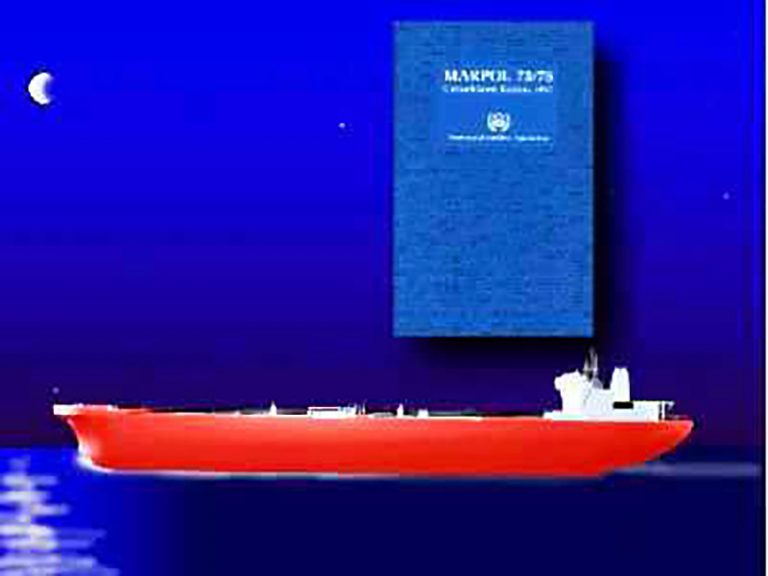

Not having your container loaded onto the ship may happen because of customs problems, overbooking, or vessel omissions. This means your container didn’t make the vessel. It sometimes happens that containers get rolled. Rollover – The container was never loaded onto the ship You are then charged for the number of days your containers have to be stored in the port. You can also be charged for demurrage fees if you have containers that cannot be shipped out by the container line due to, for example, customs problems. If not, you are charged for the number of days your containers were left in the port.

#Import discharged from vessel meaning free#
You have to pick up your containers before the free period expires. When your containers have been discharged, there is a free period for storing them in the port (provided by the container line). DM – Demurrageĭemurrage is a fee that container lines charge when you haven’t picked up your imported containers in time. The shipping term CYCY explains that the responsibility of the carrier begins (port of loading) and ends (port of discharge) at the container yard. A container yard is a port facility where containers are stored before they are loaded onto a ship or after they have been discharged from a ship. CYCY – Container Yard to Container YardĬYCY is short for Container Yard To Container Yard. This is a request asking the container ship to discharge your container and transport your goods to another destination than what was originally booked. This is when it is time to request a COD – a Change Of Destination. And for some reason, you realize you have to change the destination! Imagine that your goods have been loaded onto a container ship and are now on their way to their destination. You can find the Incoterms for 2020 here. The terms are intended primarily to clearly communicate the tasks, costs, and risks associated with the transportation and delivery of goods.
#Import discharged from vessel meaning series#
They are a series of pre-defined commercial terms published by the International Chamber of Commerce. Incoterms is short for International Commercial Terms. But in order for both parties to understand and agree on the particulars, they have to speak the same language and agree on what the terms actually mean. The best way to do this is to negotiate at the point of purchase how it is going to be accomplished. When purchasing or selling goods, the goods need to be moved from their origin to their destination. Incoterms – International Commercial Terms Now, let us have a look at some of the most commonly used shipping terms that every shipper should know. By understanding important terms, you can avoid misunderstandings and minimise errors in the supply chain. Keeping track of shipping terminology is crucial as these terms play a fundamental role for everyone involved in the shipping process. There are a number of procedures and regulations in place to ensure the goods are safely delivered to their final destination. Shipping goods across the globe is far more complex than just transporting an object from point A to B. The importance of understanding shipping termsīefore we go into detail about the most commonly used shipping terms and what they stand for, let us have a quick look at the importance of understanding shipping terms. Luckily, I have created this quick reference guide for you to return to whenever memory fails you. That being said, it is not easy to remember exactly what the various abbreviations stand for. Understanding shipping terms is absolutely crucial when transporting goods across the globe. To international shippers, however, it is a different story. Say what? For an untrained ear, this is just gibberish.


 0 kommentar(er)
0 kommentar(er)
